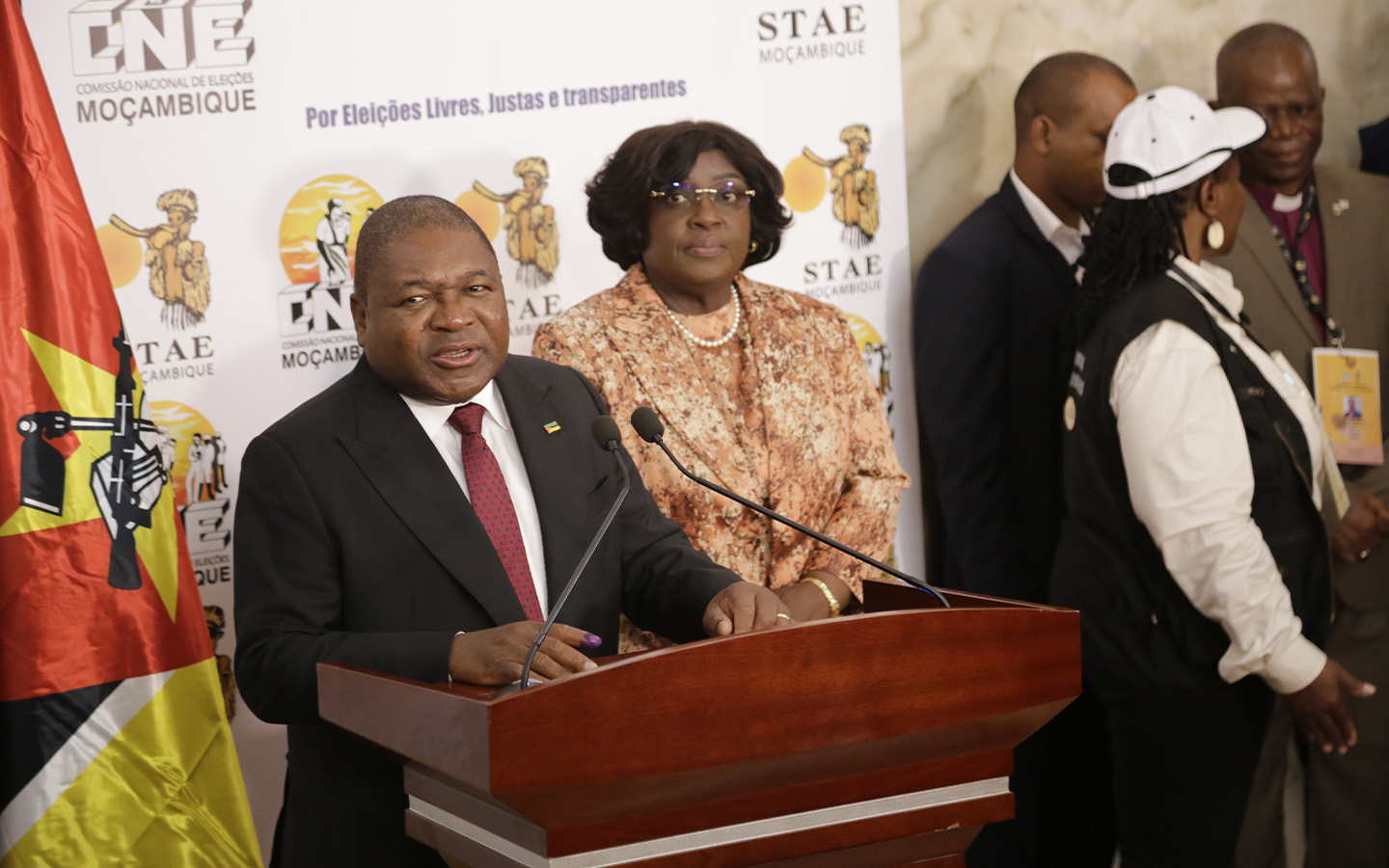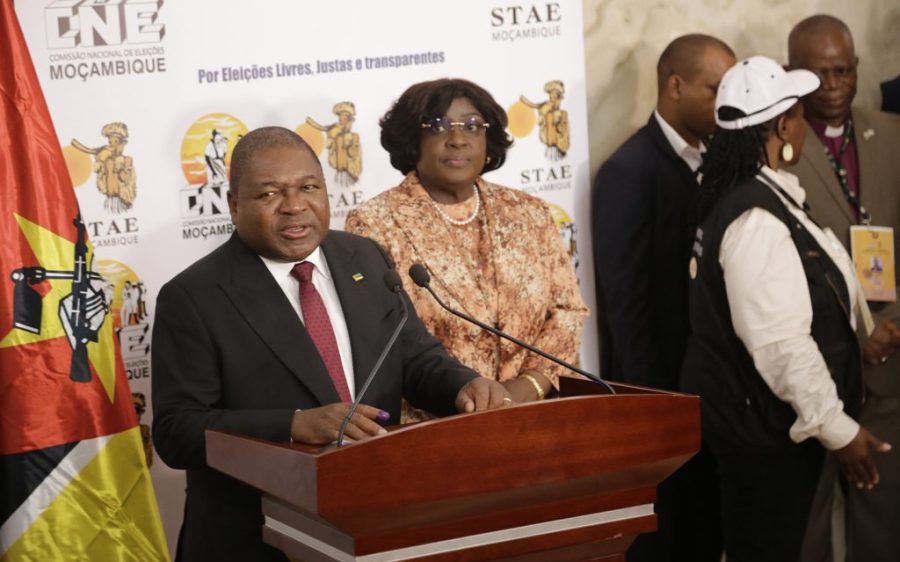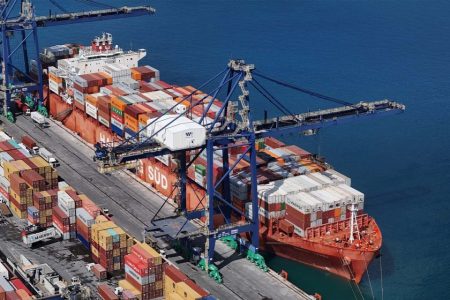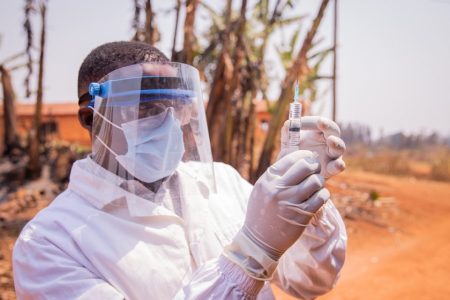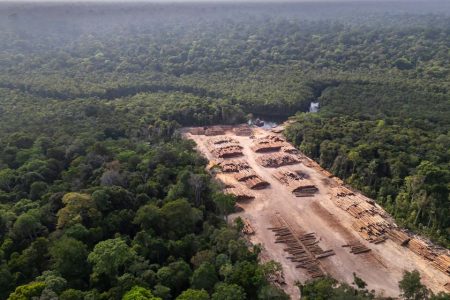President Felipe Nyusi urged all four presidential candidates on Tuesday to hold talks, calling for an end to Mozambique’s post-election “chaos,” even as protestors begin three days of mourning for the dozens killed in the now month-long revolt.
Local monitoring group Platforma Decide, cited by Bloomberg, announced Wednesday that at least 67 people have died since protests against the disputed presidential election began in mid-October. Human Rights Watch corroborated at least 30 deaths as of 8 November, both figures outpacing the 19 deaths confirmed by Nyusi. Opposition candidate Venâncio Mondlane called for the new three-day protest on Wednesday, encouraging supporters to peacefully mourn those “killed by police who were supposed to protect them.”
Nyusi, in his message to the country, framed the protests as an “attempted attack on the Mozambican state,” and said his invitation to the presidential candidates – Mondlane, Lutero Simango, Ossufo Momade and the declared ruling party winner, Daniel Chapo – would be an opportunity to “jointly assess this situation and find a solution that benefits Mozambicans.” It is unclear if Mondlane, who fled the country in October and was later indicted by the attorney general, would face arrest if he returned to Mozambique for such a meeting.
[See more: Chapo claims victory for ruling party in disputed Mozambique elections]
The post-election violence in Mozambique began with the 19 October murders of two close associates of Mondlane who were mounting a legal challenge against the apparently fraudulent presidential election. Police responded to a press conference, held at the site of the killings two days later, by firing tear gas at Mondlane, his supporters and assembled journalists. The first deaths of protestors quickly followed, with at least 10 killed in the first week as police and security forces deployed live ammunition.
The Mozambican government also responded by restricting or completely shutting down the internet the day after Chapo was announced as the winner, a move that Human Rights Watch decried as a violation of Mozambican’s rights. It served to exacerbate the economic impact of the protests as well, cutting off businesses even as work stoppages, marches and a closed border with South Africa disrupted economic activity across the country.
Multiple outside observers have raised concerns about the validity of the election, citing manipulation of results and ballot box stuffing, while the Mozambique National Resistance, normally the largest opposition to the ruling Frelimo party, called this week for the results to be annulled. Nyusi acknowledged some irregularities in the ballots, which saw his own party’s candidate win nearly 71 percent of the vote, but said aggrieved parties should follow legal routes and wait for the final verification from the Constitutional Council, which the country’s bar association recently urged be sped up to stop the escalating violence.
